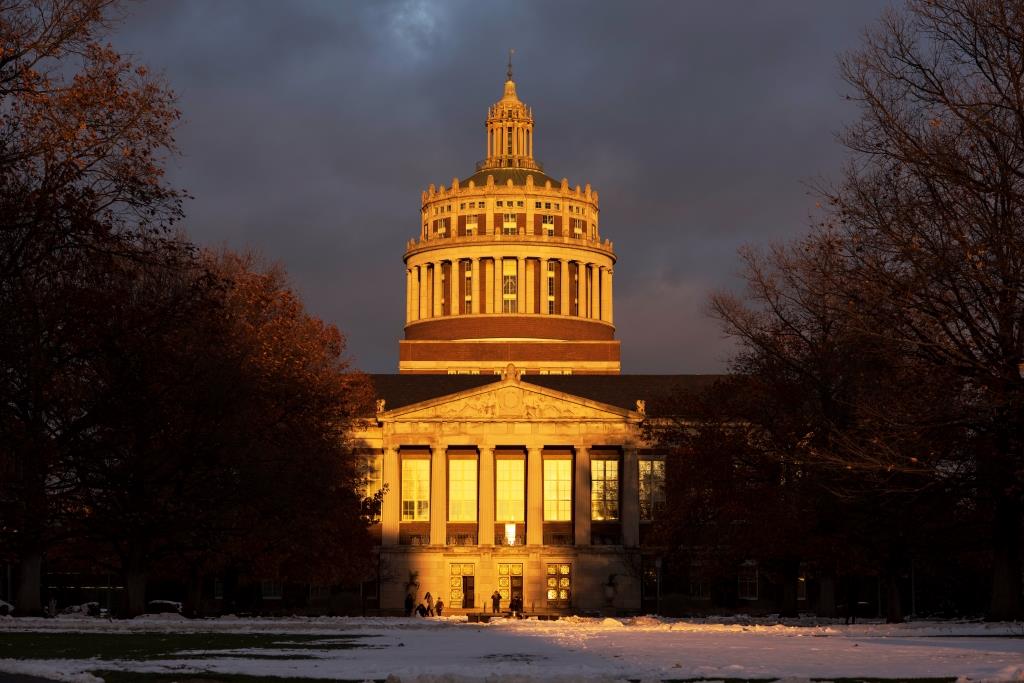Given the current state of affairs, almost everything is online now. For high school juniors and seniors, this means that virtual sessions will be the main source of interaction between universities and students. Here are some questions that you may have not asked already but should:
1 – Are you allowed to graduate early?
This is a very important question to ask if you have a lot of AP credits or transfer/college credits that you may want to apply to your degree. If you think you may want to graduate early, be sure to ask schools if they allow students to do so. Some schools require that students spend a certain number of semesters there, regardless of degree progress.
2 – Are students required to have a meal plan regardless of the place of residence or class year?
Meal plans are great for your first year. However, once you have figured out what works for you and what does not, you will want to be able to make your own decisions about your food cost, where you make your purchases, and what options you have. This is especially important for students who are concerned about their financial situation.
3 – Are students required to live on campus for a predetermined, non-negotiable amount of years?
4 – Are students allowed to have cars? When? How is that process determined? What is parking availability like? What are the costs?
5 – What is the federal work-study protocol at this school? Are students required or pressured to fulfill their federal work-study? Is there job placement or do students have to find their jobs on their own? What is the availability of campus jobs like, how does it change for different class-years Are there any jobs set aside or designated for federal work-study programs?
For students who are concerned with how they will support themselves or just want to build their work experience, asking about the specifics of campus jobs is very important. This is especially true for federal work-study because every university has a different way of conducting this program. If given the chance to talk to current students, you should ask them what their job search was like, how long did it take for them to get a job, and how many hours they were offered.
6 – What are the wait times like for mental health or counseling services?
7 – How dietary registration and allergy-friendly is the campus?
8 – Are the professors engaged in active research or have industry experience?
A good university will have faculty that are constantly engaging in their field whether that be through industry or research. This is important for you because you want a professor or advisor who can mold their classes to reflect what is current and innovative in the field.
9 – Are there any special or advanced degree programs that I can apply for in addition to regular admission?
10 – Does the career center have an advisor who is dedicated to the industries that I am interested in learning and working in? Do they have accurate and plentiful resources/programming regarding professional development/ career opportunities within specific industries?
I hope these questions have inspired you to think deeper about your college search, beyond school rankings and prestige. Even though you may not be able to visit colleges at this time, virtual sessions and meetings are a great opportunity to find out more about a school besides just what they put on their website. Whether you decide to attend the University of Rochester or any other institution, I wish you the best in all of your future endeavors.

